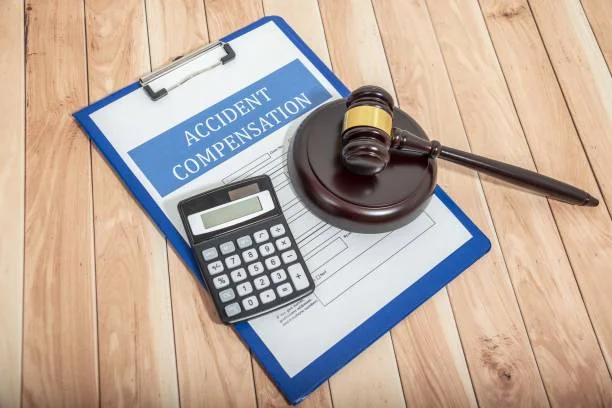California’s personal injury world can make your head spin, especially when you start poking into how they figure out what your case is worth. Half the battle is just wrapping your brain around what gets counted, what does not, and why the math is not as simple as just stacking some receipts.
“The damages you can quantify monetarily are not the only thing on the table. There will also be things like aching joints, keeping you up at night, or just not being able to live life like you did before,” says Rusty Levin of Levin & Nalbandyan, LLP.
California has its own unique rules for all of this. Let’s break it down, piece by piece.
Economic Damages
Economic damages are the types that you can slap a price tag on: hospital bills, physical therapy, and the paychecks you missed. The cost of repairing or replacing property damages in the accident also counts as economic damage.
Tallying it all is not that complex. Gather all relevant paperwork, including receipts and pay stubs, that shows the cost of this incident. If your doctor says you’ll need additional surgery down the line, that gets factored into your claim too..
Keep every scrap, medical records, paycheck stubs, and even repair quotes for your battered laptop. Courts love proof—without it, you are just somebody with a story.
Non-Economic Damages
Valuing non-economic damages is where things go wobbly. There is no way of measuring how much a panic attack or being scared to cross the street where you got hurt is worth.
Lawyers use tricks like the “multiplier method” (multiply your real damages by 1.5 to 5, whatever sounds right for the pain), or “per diem” (how much would you charge for each miserable day since the accident?). It is not an exact science. Some folks bring in journals or have witnesses vouch for how rough life has been. Medical pros can also weigh in to draw a clear picture in court.
Bottom line—California does not simply hand out the same check to everyone. How the injury affects you, both on paper and in reality, makes a significant difference. So, hang onto that paperwork. You are going to need it.
The Role of Punitive Damages
Punitive damages are not meant to compensate the injured party but to punish egregious misconduct and deter similar behavior. They typically apply in cases involving extreme negligence, malice, or intentional harm.
In California, these damages are rare because they require proving that the at-fault party acted with apparent disregard for safety or ethics. Evidence must demonstrate deliberate actions beyond mere carelessness.
Calculating punitive damages often involves considering factors like the defendant’s financial status and the severity of their conduct. While there is no fixed formula, courts ensure they remain proportional to compensatory damages and the circumstances surrounding the case. These awards convey a powerful message about accountability while promoting fairness in serious situations.
The Art of Valuing and Negotiating Damages
Determining damages in personal injury cases is a nuanced process, often requiring skilled negotiation. These valuations take into account intricate factors such as future losses, legal limits, and evidence presentation.
Experienced lawyers bring real skill to the table by advocating strongly during negotiations with insurance companies or opposing parties. They know how to present convincing evidence, use professional testimony effectively, and push for fair compensation that genuinely reflects your losses.
Without professional guidance, navigating these complexities can leave you vulnerable to accepting inadequate offers or overlooking recoverable costs entirely. A lawyer’s insight ensures you avoid undervaluing your claim while maximizing compensation through informed strategy and detailed analysis tailored to California’s laws.
Choosing the Right Lawyer for Your Case
Selecting a lawyer involves finding someone with experience in personal injury law, particularly within California. Look for a proven track record of success, client testimonials, and clear communication skills.
Schedule consultations to assess their approach and compatibility with your needs. Ask about fees. Many operate on a contingency basis—no win, no fee. Choosing the right advocate ensures confidence and professionalism throughout the resolution process of your case, which can only mean one thing: higher chances of a fair outcome.
Step into fresh perspectives — Explore More articles designed to inspire!







